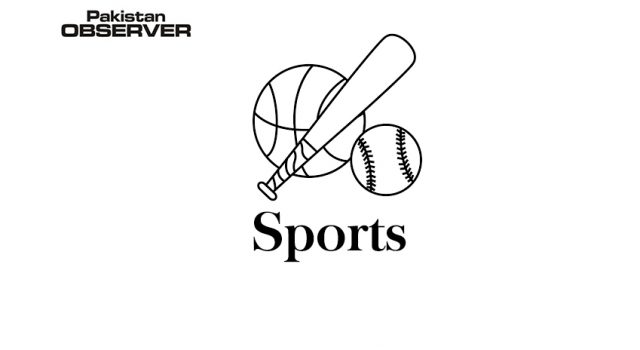Paris
World champion sprinter Christian Coleman will appeal his two-year ban from athletics for anti-doping violations, his manager said Wednesday.
“The decision of the Disciplinary Tribunal established under World Athletics Rules is unfortunate and will be immediately appealed to the Court of Arbitration for Sport,” Emanuel Hudson tweeted from the account of his HSI company.
“Mr. Coleman has nothing further to say until such time as the matter can be heard in the Court of jurisdiction.”
Coleman, who won the men’s 100 metres at last year’s World Championships in Doha in a world-leading time for the season of 9.76 seconds, was provisionally suspended for three ‘whereabouts failures’ in June.
World Athletics’ Disciplinary Tribunal upheld the ch-arge and banned the 24-year-old American for two years, backdated to May 14, 2020.
Should the ban remain in place, Coleman would miss next year’s Olympic Games in Japan, where he would have been among the favourites to win 100m gold.
Coleman, who is also the 60m world record holder, only ran in the 4x100m relay heats in his first Olympic appearance in Rio de Janeiro four years ago.
The Athletics Integrity Unit (AIU) charged Coleman for missed tests in January and December 2019, as well as for a “filing failure” last April.
To prove an anti-doping violation, an athlete has to have committed three whereabouts failures within 12 months.
Coleman previously escaped suspension on a technicality ahead of last September’s World Championships.
Those three whereabouts failures were recorded on June 6, 2018, January 16, 2019 and April 26, 2019.
However, Coleman had successfully argued that the first missed case should have been backdated to the first day of the quarter—April 1, 2018—meaning the three failures fell just outside the required 12-month period.
But now the missed test on December 9, 2019, added to the two failures in January and April, has seen Coleman suspended. —APP










